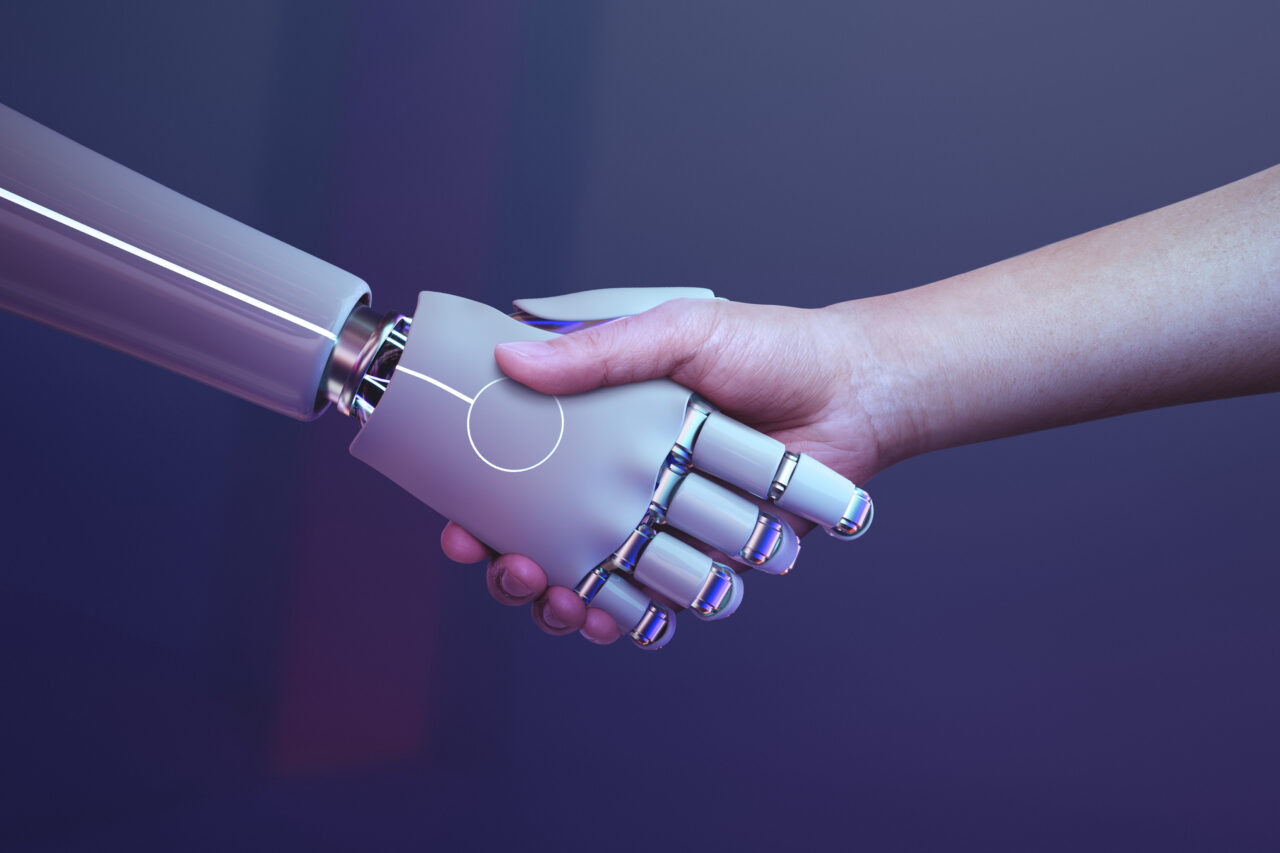Artificial intelligence (AI) has the potential to transform industries, revolutionize businesses, and improve daily life. But beyond these advancements, AI is also being harnessed for the greater good. From addressing climate change to improving healthcare, AI is being used to tackle some of the world’s most pressing challenges. In this blog, we’ll explore how AI is making a positive impact on global issues and paving the way for a better future.
Fighting Climate Change
1. Environmental Monitoring: AI is helping scientists monitor and predict environmental changes more accurately. Advanced algorithms analyze data from satellites, drones, and sensors to track deforestation, melting ice caps, and rising sea levels. This real-time data helps policymakers make informed decisions to combat climate change.
2. Energy Efficiency: AI optimizes energy consumption in buildings, factories, and transportation systems. Smart grids use AI to balance energy supply and demand, reducing waste and lowering carbon emissions. AI-powered energy management systems also help businesses and homes reduce their carbon footprint by optimizing heating, cooling, and lighting.
3. Climate Modeling: AI enhances climate models by processing vast amounts of data to predict future climate scenarios. These models help scientists understand the potential impacts of climate change and develop strategies to mitigate its effects. AI-driven models are more accurate and faster, providing crucial insights for climate action.
Enhancing Healthcare
1. Disease Diagnosis: AI algorithms analyze medical images and patient data to diagnose diseases such as cancer, diabetes, and heart conditions with high accuracy. Early detection and accurate diagnosis enable timely treatment, improving patient outcomes and saving lives.
2. Drug Discovery: AI accelerates the drug discovery process by analyzing biological data and predicting the efficacy of new compounds. This speeds up the development of new treatments and reduces the cost of bringing life-saving drugs to market.
3. Telemedicine: AI-powered telemedicine platforms provide remote consultations and health monitoring, making healthcare more accessible, especially in underserved regions. AI chatbots and virtual assistants support patients in managing their health, providing medical advice, and scheduling appointments.
Improving Education
1. Personalized Learning: AI-driven educational platforms tailor learning experiences to individual students’ needs and abilities. By analyzing student performance data, AI systems recommend personalized learning paths, helping students grasp difficult concepts and stay engaged.
2. Language Translation: AI-powered translation tools break down language barriers, making educational resources accessible to students worldwide. These tools enable cross-cultural communication and collaboration, fostering a more inclusive learning environment.
3. Tutoring and Support: AI tutors provide instant feedback and support to students, helping them understand complex topics and improve their skills. These virtual tutors are available 24/7, offering assistance outside of traditional classroom hours.
Promoting Social Good
1. Disaster Response: AI helps emergency responders by analyzing data from social media, satellite images, and sensors to assess the impact of natural disasters. AI-driven systems predict disaster patterns, enabling faster and more effective response efforts.
2. Humanitarian Aid: AI supports humanitarian organizations in distributing aid more efficiently. By analyzing data on population density, infrastructure, and needs, AI systems optimize the delivery of food, water, and medical supplies to those in need.
3. Human Rights Monitoring: AI tools monitor social media and online content to identify human rights abuses and alert organizations to potential crises. This enables timely intervention and helps protect vulnerable populations.
Enhancing Public Safety
1. Crime Prevention: AI analyzes crime data to identify patterns and predict potential criminal activity. Law enforcement agencies use these insights to allocate resources more effectively and prevent crimes before they occur.
2. Traffic Management: AI-powered traffic management systems optimize traffic flow, reducing congestion and improving road safety. By analyzing real-time data from cameras and sensors, AI systems can adjust traffic signals and provide alternative routes to drivers.
3. Wildlife Protection: AI helps conservationists monitor and protect endangered species. Drones equipped with AI technology track animal movements and detect poaching activities, aiding in the preservation of wildlife.
Supporting Economic Development
1. Agriculture: AI-driven technologies enhance agricultural productivity by optimizing planting schedules, predicting crop yields, and monitoring soil health. Farmers use AI tools to make data-driven decisions, improving crop quality and sustainability.
2. Financial Inclusion: AI-powered financial services provide access to banking, credit, and insurance for underserved populations. By analyzing financial behavior and risk, AI systems offer personalized financial products, promoting economic stability and growth.
3. Job Creation: AI creates new job opportunities by driving innovation and opening up new industries. While some jobs may be automated, AI also generates demand for skilled workers in fields such as AI development, data analysis, and cybersecurity.
Conclusion
AI for good is not just a concept; it’s a reality that is making a tangible difference in the world. From fighting climate change and enhancing healthcare to promoting social good and supporting economic development, AI is tackling global challenges and creating a better future for all. As we continue to develop and deploy AI technologies, it’s crucial to ensure they are used ethically and responsibly, maximizing their positive impact on society. By embracing AI for good, we can harness its power to address the world’s most pressing issues and build a more sustainable, equitable, and prosperous world.

